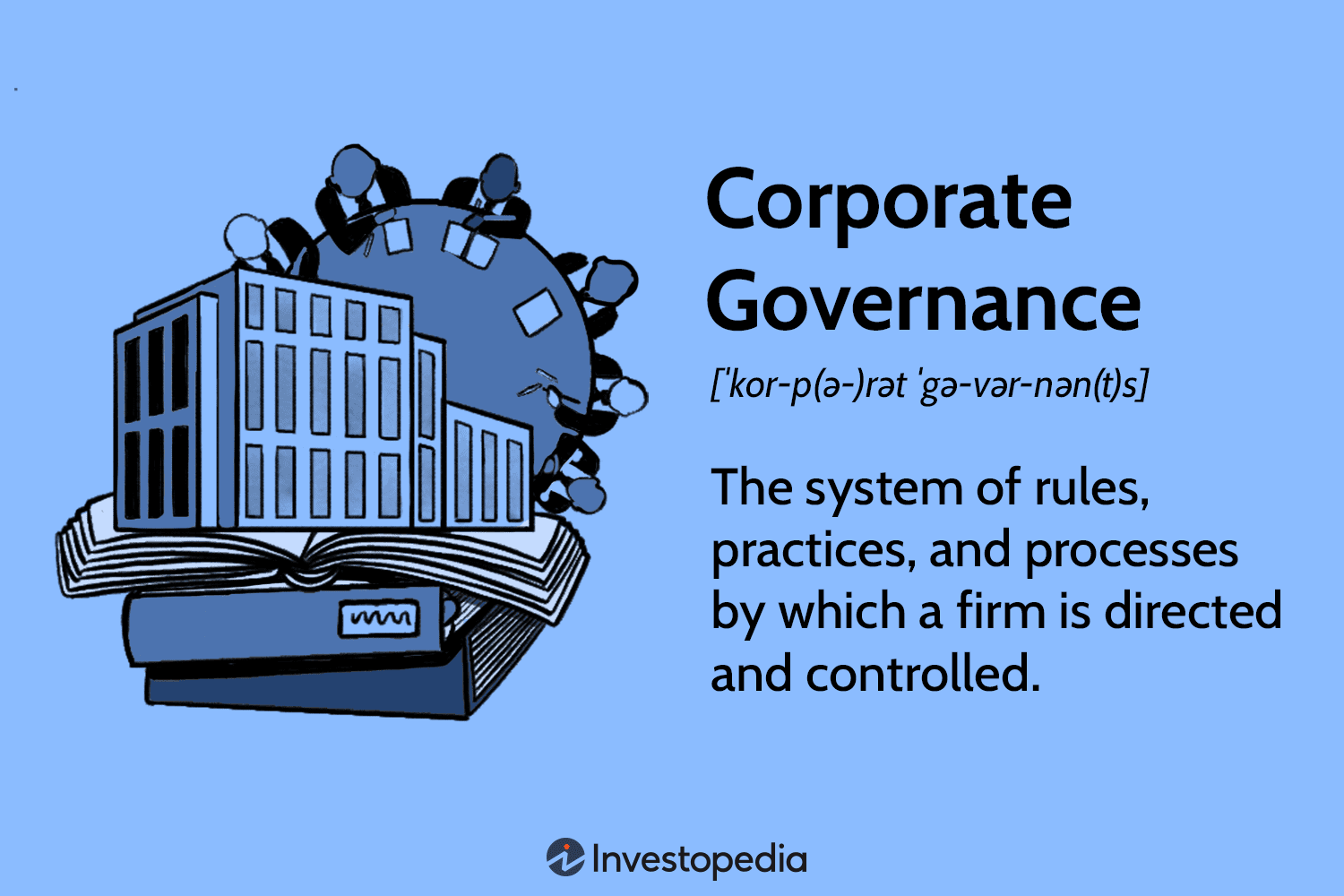Corporate Governance for Growing Companies: Building a Strong Foundation
As businesses evolve and expand beyond their initial stages, establishing sound corporate governance becomes a critical factor for sustaining growth and securing long-term success. Corporate governance, at its core, refers to the structures, policies, and processes that guide and control a company’s operations and strategic direction. In this article, provided by Legal Marketplace CONSULTANT, we delve deeply into the significance of corporate governance for growing companies, exploring how disciplined governance frameworks protect owners, attract investors, ensure compliance, and foster transparency.
The Importance of Corporate Governance in Business Growth
Growth introduces new challenges that can strain informal management styles. Early-stage companies often rely on flexible, ad-hoc decisions, but as the organization scales, such improvisation may lead to confusion, inefficiency, and increased risks. Corporate governance acts as the framework that keeps the expanding business structure intact by providing clear roles, responsibilities, and accountability. It ensures that decision-making follows agreed procedures and organizational values, minimizing the chances of conflicts and misunderstandings.
Moreover, good governance is essential for protecting owners and shareholders from legal liabilities and operational risks. Implementing formal bylaws, holding regular board meetings, and maintaining compliance records are not mere formalities; they are safeguards that uphold the company’s integrity and legal standing. Proper governance takes the business beyond the transactional level, establishing a culture of transparency and ethical standards that appeal to stakeholders.
Understanding Formal Bylaws and Their Role
Bylaws are a fundamental component of corporate governance. They are legal documents that outline how a company will be governed, detailing the rights and responsibilities of shareholders, directors, and officers. For growing companies, drafting and adopting formal bylaws early on is crucial to provide clarity on the governance process and prevent future disputes.
Typical provisions in bylaws include procedures for electing board members, scheduling and conducting board and shareholder meetings, issuing shares, and handling conflicts of interest. Such formalization enhances operational discipline and defines mechanisms for addressing governance challenges in an orderly manner. In addition, bylaws are key in demonstrating to investors and regulators that the company is committed to responsible management.
The Role of Board Meetings in Corporate Governance
Once a board of directors is established, organizing regular board meetings is vital. These meetings serve as platforms where key issues are discussed, strategic decisions are made, and company performance is reviewed. For growing companies, the board often includes a mix of founders, external advisors, and investor representatives, each bringing valuable perspectives.
Holding documented board meetings ensures that significant decisions are recorded, fostering accountability and transparency. It helps track progress against strategic goals and enables the board to identify and address risks early on. Legal compliance often requires maintaining minutes of these meetings, which can be critical evidence of due diligence and proper governance in case of disputes or audits.
Compliance Records: Maintaining Legal and Regulatory Standards
Compliance refers to adhering to laws, regulations, and internal policies applicable to the business. For expanding companies, compliance management becomes increasingly complex because of multiple jurisdictions, industry standards, and operational dimensions. Maintaining thorough compliance records shows that the company systematically approaches these obligations.
Proper recordkeeping includes documenting tax filings, licenses, permits, environmental regulations, labor law adherence, and financial reporting. This meticulous approach mitigates risks of legal penalties, reputational damage, and operational disruption. Furthermore, investors and partners scrutinize compliance records to evaluate risk exposure and management integrity before committing resources.
Investors Seek Discipline, Not Improvisation
From a funding perspective, startups and growing businesses must demonstrate more than innovative ideas and rapid growth. Institutional investors, venture capitalists, and private equity firms prioritize disciplined corporate governance because it signals a mature and trustworthy operation. Improvised decision-making, opaque practices, or inconsistent policies create red flags and may lead to failed investments.
Corporate governance frameworks present clear evidence that the company can handle complexity and scale responsibly. Transparency in financial reporting, strategic planning, and risk management builds investor confidence. It also fosters stronger relationships with stakeholders, enabling smoother fundraising rounds and market expansion.
Building Transparency from the Start
Transparency is a cornerstone of effective corporate governance. By openly sharing relevant information, companies reinforce trust among shareholders, employees, customers, and the wider public. Particularly for startups scaling rapidly, establishing transparent communication channels mitigates misunderstandings and supports aligned decision-making.
Transparency encompasses timely disclosure of business performance, adherence to governance policies, ethical conduct, and conflict of interest management. It also involves being receptive to feedback and demonstrating responsiveness to concerns. Building this culture from the outset promotes sustainability and helps companies navigate challenges with resilience.
Implementing Governance: Steps for Growing Companies
- Draft and adopt comprehensive bylaws tailored to the company’s structure and objectives.
- Establish a qualified and diverse board of directors, including independent members where possible.
- Schedule and document regular board meetings with clear agendas and minutes.
- Develop and enforce compliance policies, ensuring thorough recordkeeping and risk management.
- Create transparent reporting systems for financial and operational performance accessible to relevant stakeholders.
- Regularly review governance frameworks and update them according to company growth and regulatory requirements.
Role of Legal Assistance in Corporate Governance
Navigating the complexities of governance frameworks often requires specialized legal expertise. Legal advisors assist companies in drafting compliant bylaws, understanding regulatory landscapes, and resolving governance disputes. For growing companies seeking to strengthen their corporate governance structures, engaging experienced legal counsel can prevent costly mistakes and safeguard business interests.
At Legal Marketplace CONSULTANT, we offer dedicated support tailored to your company’s growth phase and sector-specific challenges. Our team helps you build robust governance models that align with best practices and investor expectations. Whether drafting documents or facilitating board operations, professional guidance ensures your governance framework helps you scale securely and confidently.
Common Challenges in Corporate Governance and How to Overcome Them
While the benefits of excellent governance are clear, growing companies often face hurdles during implementation. Some common challenges include:
- Resistance to formalization from founders accustomed to informal decision-making;
- Difficulty in selecting qualified and independent board members;
- Keeping compliance current amid evolving regulations;
- Balancing transparency with confidentiality and competitive concerns;
- Costs associated with governance frameworks and legal support.
Addressing these challenges requires management commitment to governance principles, ongoing education, and prudent investment in systems and talent. Companies that proactively tackle governance issues position themselves better for sustainable expansion and market resilience.
Corporate Governance Trends to Watch in 2025 and Beyond
Looking ahead to 2025, corporate governance is becoming increasingly dynamic as companies adapt to technological advances, stakeholder expectations, and regulatory updates. Emerging trends include:
- Greater emphasis on environmental, social, and governance (ESG) factors;
- Integration of digital tools for governance processes and reporting;
- Rising demands for diversity and inclusion in boards and leadership;
- Heightened scrutiny of cybersecurity governance;
- Increased stakeholder engagement through transparent communication platforms.
Adapting to these evolving dimensions will require flexible governance models and active monitoring of global best practices. Companies that integrate these trends early gain competitive advantages in attracting investors and customers alike.
Key Benefits of Strong Corporate Governance for Growing Companies
- Minimizes legal and operational risks through well-defined policies;
- Enhances investor trust by demonstrating accountability and transparency;
- Supports strategic decision-making with clear board oversight;
- Promotes sustainable business practices aligned with stakeholder interests;
- Facilitates access to capital by meeting investor governance standards;
- Encourages a positive corporate culture focused on ethics and compliance.
How to Begin Your Corporate Governance Journey
Starting the governance journey can seem daunting, especially for fast-growing companies balancing many operational demands. Here are practical first steps:
- Conduct a governance audit to assess current structures and identify gaps;
- Engage legal experts to assist in drafting or revising bylaws and compliance documentation;
- Appoint board members based on skill sets that complement management;
- Establish regular communication routines for board and shareholder meetings;
- Implement recordkeeping systems that ensure compliance and transparency;
- Train employees and management on governance principles and expectations.
Conclusion: The Strategic Value of Corporate Governance
Corporate governance is not simply a regulatory requirement but a strategic asset that underpins the success of growing companies. By establishing formal bylaws, conducting purposeful board meetings, and maintaining thorough compliance records, businesses safeguard their legal standing and operational integrity.
Investors increasingly seek companies that exhibit discipline and transparency, viewing governance frameworks as indicators of reliability and growth potential. Building transparency from the start fosters trust with stakeholders and prepares companies to navigate future challenges effectively.
Legal Marketplace CONSULTANT is dedicated to supporting your company in this vital area. If you need proper legal help to implement or enhance your corporate governance, reach out through the communications link in our bio or send us a private message. We stand ready to help you build a strong governance foundation that supports sustainable growth and long-term success.
Legal Marketplace CONSULTANT is a dedicated legal platform specializing in comprehensive business legal services. Our team includes experienced attorneys, legal consultants, and compliance experts focused on helping businesses grow with strong governance and robust legal frameworks.































